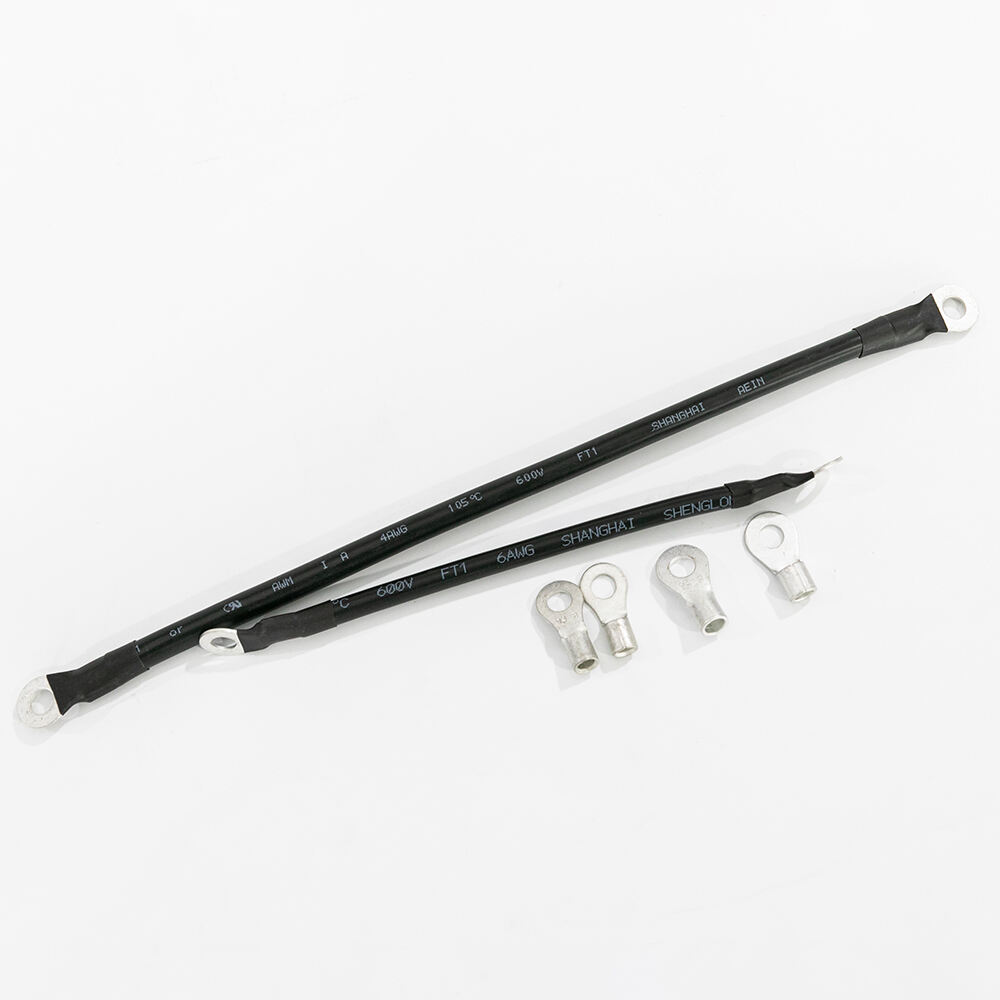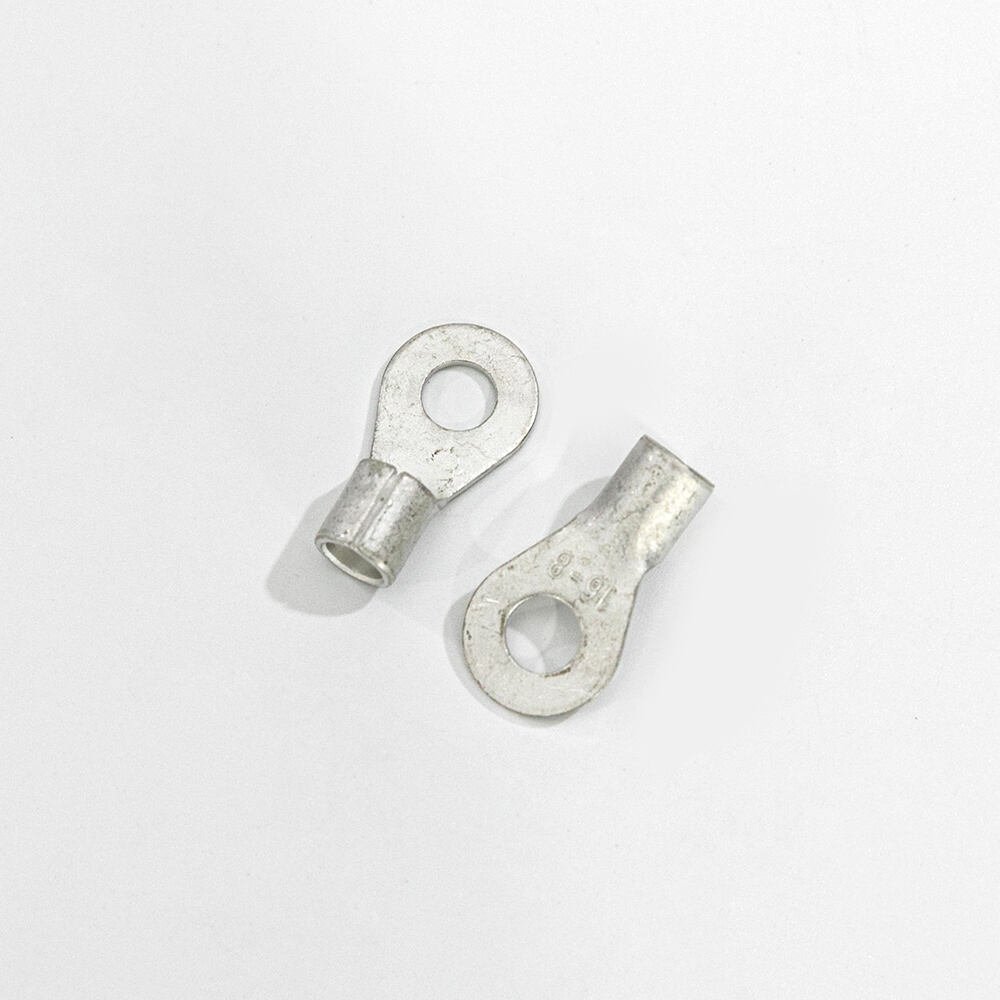The Impact of Upgrading Your Battery Cable on Electrical Efficiency
Upgrading your battery cable can significantly improve the overall electrical efficiency of your vehicle. While the battery itself plays a central role in powering the electrical systems, the battery cable is the conduit that allows power to flow from the battery to the vehicle’s components. As such, the quality of the battery cable is directly linked to the efficiency with which electrical power is delivered throughout the vehicle. In this article, we’ll explore how upgrading to a higher-quality battery cable can enhance your vehicle’s performance, reduce energy loss, and extend the lifespan of both your battery and electrical components.
The Role of Battery Cables in Electrical Efficiency
How Battery Cables Affect Power Flow
The primary function of a battery cable is to transmit electrical energy from the battery to the car’s electrical system. A quality battery cable ensures that this energy is transferred efficiently, minimizing energy loss. Over time, however, the battery cables in your vehicle can become worn, corroded, or less conductive, which increases resistance and results in energy being lost as heat. This inefficiency can lead to slower engine starts, poor battery performance, and increased strain on the electrical system.
Upgrading to a high-quality battery cable ensures minimal resistance, allowing the electrical current to flow freely, and improving the overall efficiency of your vehicle’s electrical system.
Resistance and Its Impact on Electrical Flow
Resistance is a natural phenomenon that occurs in any electrical circuit, and the battery cable plays a crucial role in determining the amount of resistance present. The lower the resistance, the more efficiently electricity can flow from the battery to the vehicle’s components. Older or substandard battery cables with higher resistance will result in voltage drops, leading to less effective performance of the vehicle’s electrical systems. By upgrading your battery cable, you can reduce resistance, which improves electrical efficiency and ensures the smooth operation of all electrical components.
Benefits of Upgrading Your Battery Cable
Improved Battery Performance
A significant benefit of upgrading your battery cable is the improvement in battery performance. Over time, the quality of the battery cable degrades, which can lead to less efficient power transfer. With a high-quality battery cable, the power flow from the battery to the electrical system is more efficient, meaning the battery doesn’t have to work as hard to supply the necessary voltage. This results in better engine starts, more reliable operation of electrical systems, and an overall longer battery life.
Reduced Power Loss
Power loss is a common issue in older vehicles with worn-out battery cables. As the cables age, their insulation may deteriorate, leading to voltage drops and power loss. When power is lost, the vehicle’s electrical systems, such as lights, air conditioning, and entertainment systems, may not perform at their best. By upgrading to a better battery cable, you reduce power loss and improve the performance of these systems, resulting in a more efficient vehicle.
Lower Risk of Electrical Failures
Worn-out battery cables are prone to corrosion, fraying, and breakage, all of which can result in electrical failures. These failures can be dangerous and inconvenient, leaving you stranded or causing damage to other electrical components in the vehicle. Upgrading to a more durable battery cable reduces the likelihood of such issues and ensures that your vehicle’s electrical systems continue to operate efficiently without interruptions.

Types of Battery Cables and Their Impact on Efficiency
Copper vs. Aluminum Battery Cables
One of the main factors affecting the electrical efficiency of a battery cable is the material it’s made from. Copper and aluminum are the two most common materials used for battery cables, and each offers unique benefits.
Copper cables are known for their excellent conductivity, making them the most efficient option for transferring electrical energy. Copper cables also tend to be more durable and flexible, which makes them ideal for vehicles that require more robust electrical performance.
Aluminum cables are lighter and less expensive than copper cables, but they have higher resistance. This means that aluminum battery cables are typically less efficient than copper ones. However, for vehicles with lower power demands or where cost is a major consideration, aluminum can still be a viable option.
Choosing the Right Gauge for Your Vehicle
The size, or gauge, of a battery cable is also an important consideration when upgrading. Cables with a larger gauge (thicker wires) have lower resistance and can handle higher currents more effectively. For most vehicles, a 4 AWG or 6 AWG battery cable is suitable for everyday use. However, for vehicles with high electrical demands—such as those with powerful engines or additional electrical accessories—a thicker 2 AWG or 0 AWG battery cable might be necessary to ensure efficient power transfer.
How Battery Cable Upgrades Extend the Lifespan of Electrical Components
Reducing Strain on the Alternator
Upgrading your battery cable not only improves the battery’s performance but also helps to reduce the strain on other electrical components such as the alternator. When battery cables are of low quality or too small in gauge, the alternator has to work harder to supply power, which can lead to premature wear and tear. By upgrading to a high-quality battery cable, you reduce the load on the alternator, ensuring that it operates more efficiently and lasts longer.
Preventing Voltage Drops
Voltage drops occur when the battery cable cannot efficiently transfer power from the battery to the electrical system. This drop in voltage can lead to dimming lights, slower starts, and malfunctioning electrical systems. By using a battery cable with minimal resistance and proper insulation, you prevent voltage drops, ensuring that the electrical systems in your vehicle operate at their optimal levels.
Cost-Effectiveness of Upgrading Your Battery Cable
A Long-Term Investment
While upgrading to a higher-quality battery cable may require a slightly higher initial investment, the long-term benefits far outweigh the cost. A more efficient battery cable ensures better battery performance, reduced risk of electrical failures, and fewer repairs over time. This makes it a smart investment for vehicle owners who want to improve their vehicle’s performance and save money on maintenance costs in the future.
Avoiding the Cost of Frequent Replacements
Old or subpar battery cables are prone to failure, leading to the need for frequent replacements. Constantly replacing battery cables can quickly add up in terms of both time and money. By upgrading to a high-quality battery cable from the outset, you can avoid these frequent replacements and enjoy reliable electrical performance for years to come.
FAQs About Upgrading Battery Cables
How can I tell if my battery cable needs to be upgraded?
If your battery cable shows signs of corrosion, fraying, or wear, it’s time to upgrade. Additionally, if you notice electrical issues such as dimming lights or slow starts, your battery cable may not be delivering power efficiently.
Will upgrading my battery cable improve engine starts?
Yes, upgrading to a high-quality battery cable improves the efficiency of the electrical system, resulting in quicker, more reliable engine starts.
How often should I upgrade my battery cables?
It’s recommended to upgrade your battery cables if they are damaged, corroded, or if you are upgrading other electrical components in your vehicle. A well-maintained battery cable can last many years, but regular inspection is important.
Can I upgrade my battery cable myself?
Yes, upgrading your battery cable is a manageable task if you have basic automotive knowledge. However, if you're unsure about the process, it’s always a good idea to seek professional assistance to ensure everything is properly installed.
Table of Contents
- The Impact of Upgrading Your Battery Cable on Electrical Efficiency
- The Role of Battery Cables in Electrical Efficiency
- Benefits of Upgrading Your Battery Cable
- Types of Battery Cables and Their Impact on Efficiency
- How Battery Cable Upgrades Extend the Lifespan of Electrical Components
- Cost-Effectiveness of Upgrading Your Battery Cable
- FAQs About Upgrading Battery Cables

